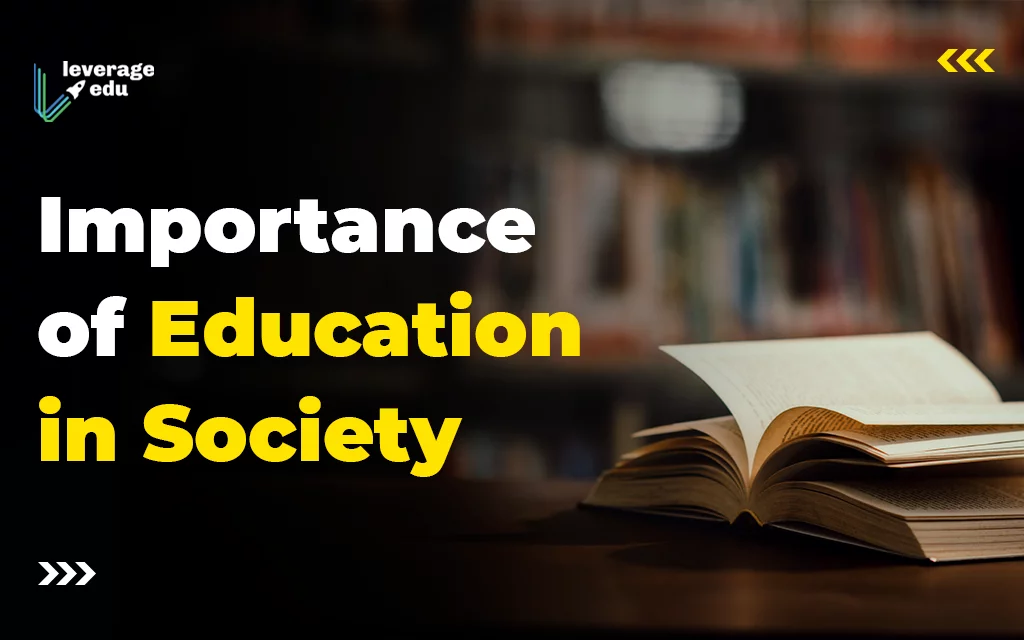What is Existentialism? What is the Existentialism Aim of Education?
Existentialism:
Existentialism in the broader sense is a 20th century philosophy that is centered upon the analysis of existence and of the way humans find themselves existing in the world. The notion is that humans exist first and then each individual spends a lifetime changing their essence or nature. In simpler terms, existentialism is a philosophy concerned with finding self and the meaning of life through free will, choice and personal responsibility.
The belief is that people are searching to find out who and what they are throughout life as they make choices based on their experiences, beliefs, and outlook. And personal choices become unique without the necessity of an objective form of truth. An existentialist believes that a person should be forced to choose and be responsible without the help of laws, ethnic rules, or traditions.
Existential Metaphysics:
Existentialists do not believe in the revelation of anything that is transcendental because metaphysics has failed humanity, the God of metaphysics is dead rather existentialism believes in the divine who “walks among us in the cool of the day”, suffers with us, understands us and aspires for the things we aspire for a God who we can relate to in our miserable existence and not an almighty metaphysical reality. We need a God who weeps with us, rejoices with us, loves us and has a “conversation” with our immediate needs. And this is the Christian God, the word did become flesh and pitch his tent among us and we did see his glory as of the father’s only son full of grace and truth.
He did behold the injustice of our reality and he did prove his divinity by identifying himself with the needy and dying the death of someone who loves and cares for us and God was pleased with his existence and raised him from the death and now he still lives with us in reality may be not in flesh but as an omnipresent living reality and he speaks to us everyday if only we can hear him.
We can see the drops of his blood in the street corners, we can see him crying with the abandoned, decaying with the prisoner, stinking with the leaper and languishing with insanity in the mental asylums crying “Who will go before me and speak on my behalf?”
Existential Epistemology:
Truth is not absolute but relative. It is determined by an individual’s judgement. There does not exist anything like absolute truth. Knowledge can be gained only through experience. Even when two persons go through same experience, what they get to know Will vary according to their individual judgement and hence truth is relative.
Existentialists and Values Theory:
Existentialists opined that values are determined by individuals and not universal. Values are subjective and vary a great deal according to one’s individual circumstances. In fact, existentialists assume that it is man who is important and not the truth, each and every individual is unique, it is man who makes universe to be complete, man is assumed to have all liberty to shape his life, take his decisions and accordingly determine his destiny.
Aims of Education:
Education, according to existentialists, is expected to help an individual to lead a meaningful life and accordingly the aims of education are:
- Development of real self or real consciousness.
- Development of external as well as inner personality of an individual.
- Development of individual awareness i.e. making a person to be self-determined.
- Providing opportunities for free and ethical choices and open learning and self-expression.
- Encouraging learners to get involved in philosophizing experiences of life by self-reflection of-one’s choices and prefer subjective knowledge.
- Providing opportunities to make independent decisions and thereby helping them develop self responsibility for their execution and consequences.
- Education must develop qualities like freedom, reflection, awareness, humanity, self-realization in an individual.





